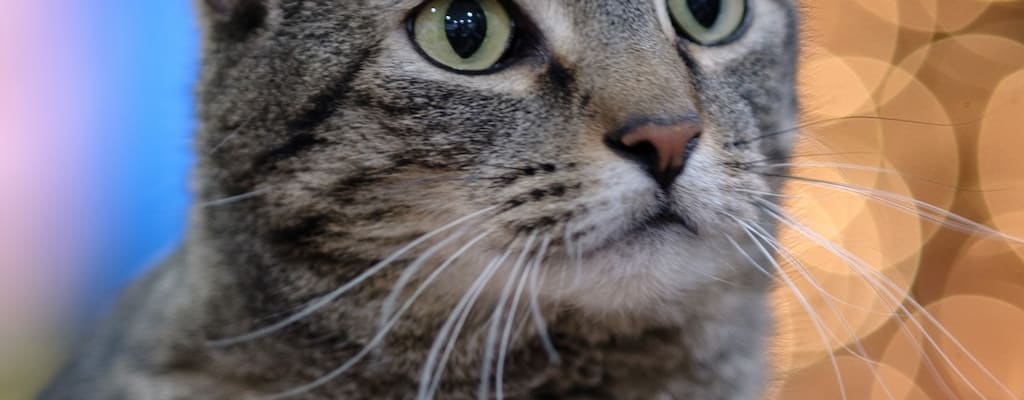long in the tooth: Idiom Meaning and Origin
What does ‘long in the tooth’ mean?
The idiom "long in the tooth" means being old or aging, often used to describe someone who is past their prime or has been doing something for a long time.

Idiom Explorer
The idiom "some old" refers to something that is considered outdated or not relevant anymore. It is often used to dismiss or downplay the importance or significance of something.
The idiom "over the hill" refers to reaching a point in life where someone is considered old or past their prime, often used to describe someone who is no longer young or able to do things as well as they used to.
The idiom "on in years" refers to someone who is old or elderly.
The idiom "many moons ago" is used to refer to a time in the past that is long ago or far away, usually implying a significant amount of time or a distant memory.
The idiom "long shot" is used to describe something that is unlikely to happen or succeed. It originated from the sport of horse racing, where a long shot refers to a horse with low odds of winning. This idiom is commonly used in everyday language to express a slim chance or a remote possibility.
The idiom "long screwdriver" refers to manipulating or influencing a situation in a covert or indirect manner. It implies using strategic actions or methods to achieve a desired outcome without drawing attention or arousing suspicion.
The idiom "long row to hoe" means having a difficult or challenging task ahead that requires a lot of effort and perseverance.
The idiom "long pork" is a euphemism used to refer to human flesh. It is a term often used in cannibalistic contexts, and carries a dark and disturbing connotation.
The idiom "long odds" refers to a situation that has a very low probability of happening or being successful.
Decoding Aging
The idiom "long in the tooth" is a common expression used in English conversation and writing. It is often used to describe someone who is old or aging. This idiom has been in use since the 17th century and has evolved to have a more figurative meaning over time.
The phrase "long in the tooth" comes from the fact that as horses age, their gums recede, making their teeth appear longer. Experienced horse traders of the past would often inspect a horse's teeth as a way to estimate its age and overall health. The longer the teeth appeared, the older the horse was believed to be. This association between age and tooth length gradually gave rise to the idiom.
As the idiom entered into everyday language, its meaning shifted to describe people who show signs of age or are past their prime. It suggests that they may have outlived their usefulness in some sense. The idiom is frequently used to refer to older individuals, although it can also be used humorously or in a lighthearted manner to describe anyone who displays signs of aging.
The idiom "long in the tooth" is well-known and understood in the United States. It is used both in informal and formal settings, appearing in literature, media, and everyday conversations. While its origin lies in the world of horse trading, the idiom is now primarily used figuratively to express the concept of aging.
Despite its widespread usage, the idiom "long in the tooth" does not have a universally agreed-upon meaning. Its interpretation can vary depending on context and the individuals involved in the conversation. While it generally refers to aging, its exact connotation can differ from person to person and situation to situation.
The idiom also opens up the possibility for further exploration of the concept of aging and its implications in society. It invites reflection on the significance of age, the way it is perceived by others, and the stereotypes associated with it. It raises questions about how we define and value individuals based on their age and challenges us to consider the ways in which age influences our interactions and perceptions.
The idiom "on in years" is related to "long in the tooth" as both idioms are used to describe someone who is old. While "long in the tooth" specifically refers to signs of aging, "on in years" suggests that the person has lived a long life. It emphasizes the experience and wisdom that come with age. This phrase can be used in a respectful or reverential manner to acknowledge someone's long and well-lived life.
The idiom "over the hill" is another expression related to "long in the tooth." It is commonly used to denote that someone has reached or passed the peak of their abilities or accomplishments. The use of "hill" in this idiom represents the metaphorical journey of life, with the peak being the prime years of one's life. "Over the hill" implies that the person is now on the downward slope of their life and may no longer be as capable or successful as they once were.
The idiom "some old" is similar to "long in the tooth" in that both idioms describe someone who is old or aging. However, "some old" is often used in a more casual or colloquial manner. It can be used to refer to someone who is considerably older than the speaker or to exaggerate someone's age for humorous effect. While "long in the tooth" has a more nuanced connotation, "some old" tends to be more light-hearted and playful.
"many moons ago" is a phrase that can be used interchangeably with "long in the tooth" to indicate that something happened a long time ago. It emphasizes the passage of time and conveys a sense of nostalgia or wistfulness. While "long in the tooth" primarily refers to aging individuals, "many moons ago" is more flexible in its usage and can be applied to various situations and events from the distant past.
Example usage
Examples of how the idiom *long in the tooth* can be used in a sentence:
- She was considered long in the tooth for the role of the young ingenue.
- The car may be long in the tooth, but it's still reliable and runs well.
- He felt a bit long in the tooth to be starting a new career at his age.
More "Age" idioms



